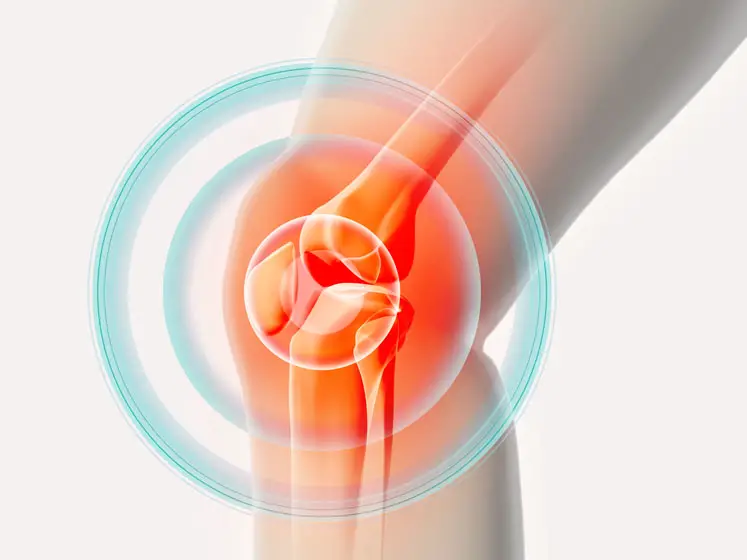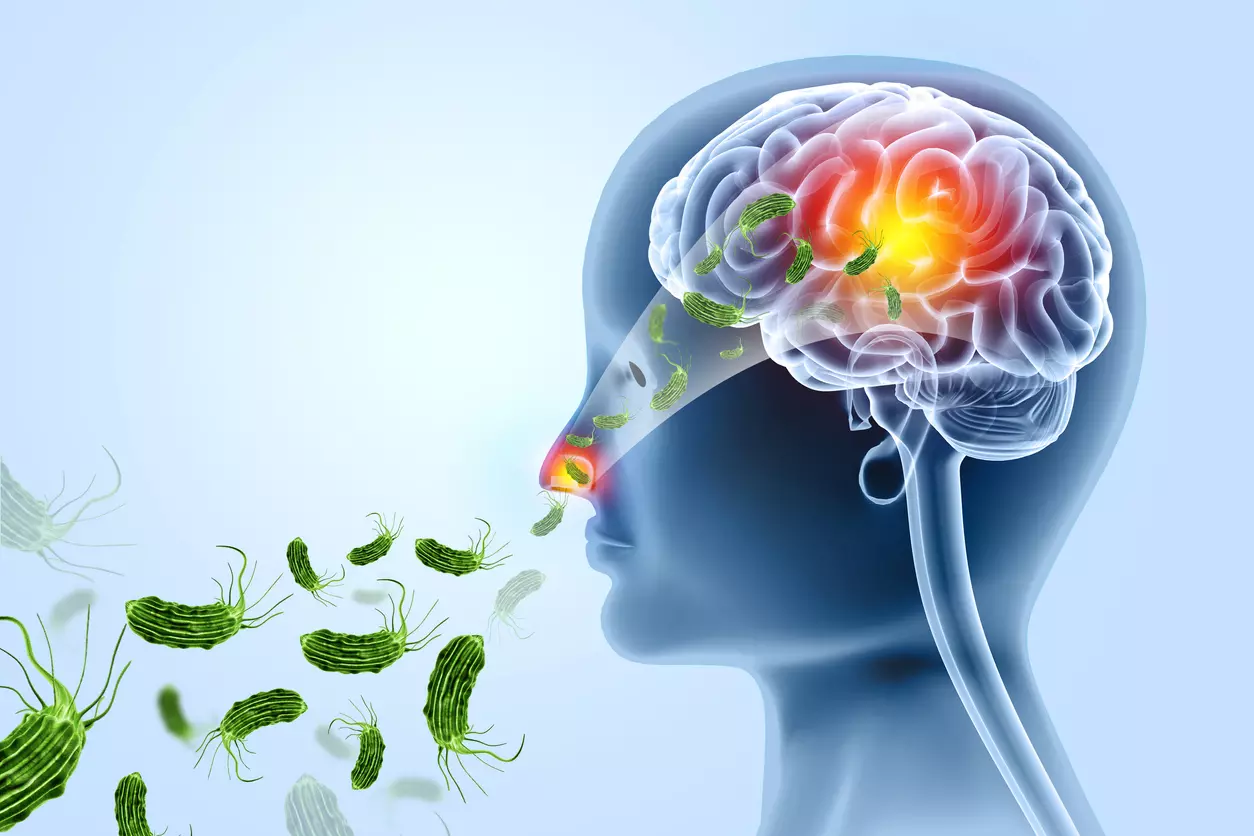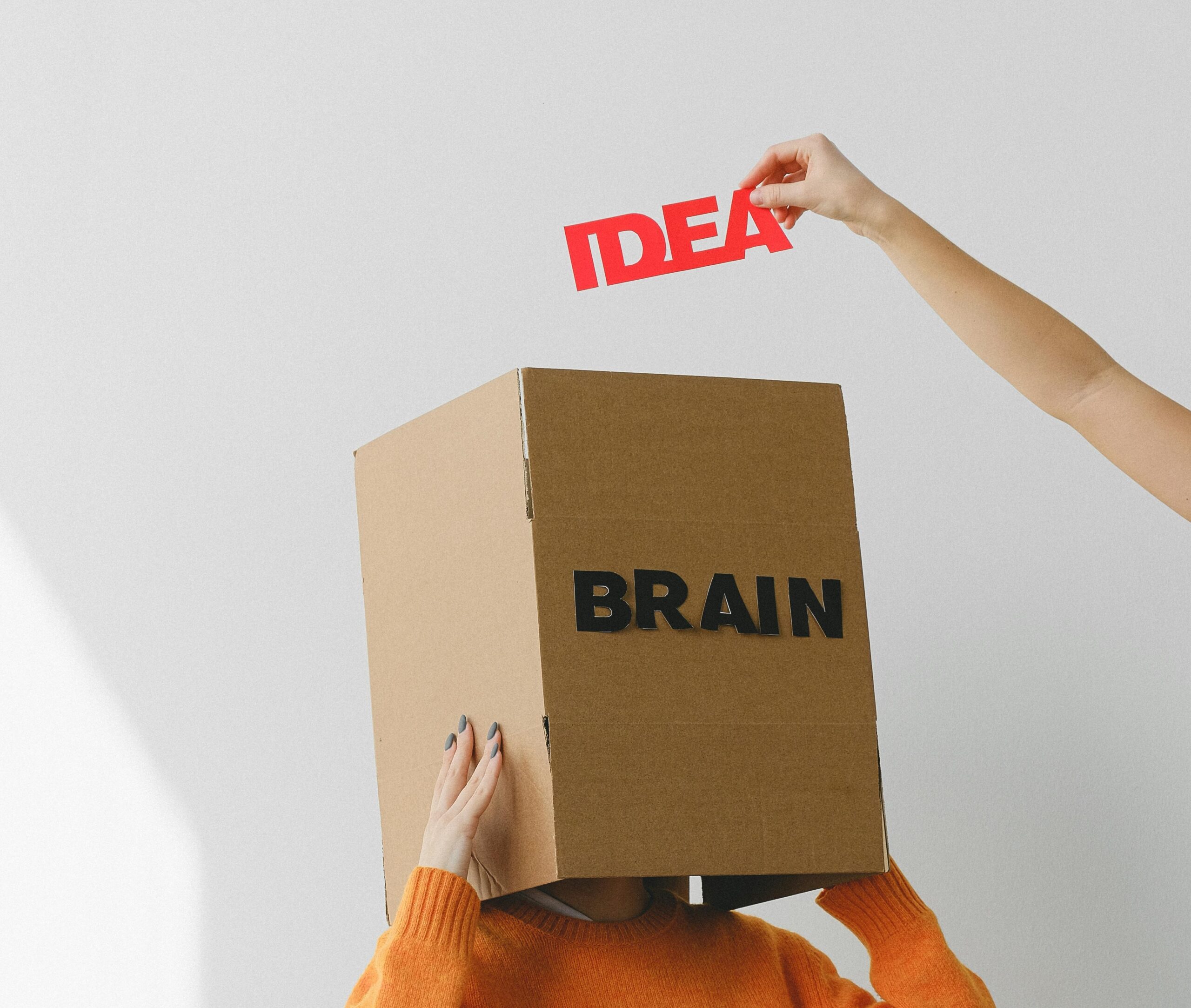In a groundbreaking revelation that’s sparking hope in the fight against Alzheimer’s disease, scientists have uncovered evidence that lithium—a simple, naturally occurring element—might hold the key to protecting our brains as we age. Recent studies suggest that maintaining healthy levels of lithium in the brain could not only prevent the onset of Alzheimer’s but potentially reverse some of its effects. This “old remedy,” long used in psychiatry, is now being eyed for its neuroprotective powers at much lower doses. But what exactly is lithium, and how could it help combat one of the most devastating neurodegenerative diseases? Let’s dive into the science.What is Lithium?Lithium is the lightest metal on the periodic table, an alkali metal with the atomic number 3. It’s found naturally in trace amounts in rocks, soil, water, and even some foods like grains, vegetables, and dairy products. In higher concentrations, lithium is mined for use in rechargeable batteries, ceramics, and glass manufacturing.Medically, lithium has been a staple since the 1940s, primarily in the form of lithium salts like lithium carbonate, to treat bipolar disorder and other mood conditions. It works by stabilizing mood swings and has been shown to reduce suicide risk in patients.
At therapeutic doses for psychiatric use (typically 300–1,200 mg per day), it can have side effects, but the excitement around Alzheimer’s stems from microdoses—far lower amounts that mimic natural levels in the body. One promising form is lithium orotate, a supplement that allows better brain uptake without the toxicity risks of higher doses.
Interestingly, lithium isn’t new to brain health discussions. Trace amounts in drinking water have been linked to lower rates of dementia in population studies, hinting at its everyday role in cognitive protection.
The Link Between Lithium and Brain HealthOur brains naturally contain lithium, which plays a vital role in maintaining cellular health, particularly as we age. Research shows that lithium levels in the brain decrease over time, and this depletion is more pronounced in people with mild cognitive impairment (MCI) or Alzheimer’s disease (AD).
In fact, one of the earliest biochemical signs of Alzheimer’s may be this lithium deficiency, occurring years before symptoms like memory loss appear.
Why does this happen? In Alzheimer’s brains, lithium gets “trapped” or sequestered by amyloid-beta (Aβ) plaques—the sticky protein clumps that are a hallmark of the disease. This reduces lithium’s availability to brain cells, accelerating pathology.
Without sufficient lithium, key brain functions suffer: neurons become more vulnerable to damage, inflammation ramps up, and processes like synaptic repair and myelin maintenance falter.
How Lithium Could Combat Alzheimer’sLithium’s potential as an Alzheimer’s fighter lies in its multifaceted neuroprotective effects. At a molecular level, it inhibits enzymes like glycogen synthase kinase-3 (GSK-3), which contributes to the hyperphosphorylation of tau proteins—another key feature of Alzheimer’s, leading to neurofibrillary tangles that disrupt brain cell communication.
It also reduces oxidative stress, curbs inflammation, and promotes the growth of new neurons (neurogenesis).In simpler terms, lithium acts like a shield for brain cells:Reducing plaque buildup: It prevents amyloid-beta accumulation and helps clear existing plaques.
Protecting against cell death: By lowering apoptosis (programmed cell death) and supporting microglia—the brain’s immune cells—to better handle toxins.
Boosting memory and cognition: Studies show it preserves synaptic integrity and myelin, essential for signal transmission between brain cells.
A standout finding is that replenishing lithium can reverse these issues. In mouse models of Alzheimer’s, low-dose lithium orotate not only halted disease progression but restored lost memory functions, even in advanced stages.
This form of lithium avoids binding to plaques, allowing it to reach needy brain areas effectively. Evidence from Recent StudiesThe buzz around lithium intensified with a 2025 study published in Nature, where researchers from Harvard Medical School analyzed human brain tissue and found consistently lower lithium in Alzheimer’s patients compared to healthy controls.
In mice engineered to mimic Alzheimer’s, inducing lithium deficiency sped up plaque formation, tau tangles, and cognitive decline. But treating them with lithium orotate reversed brain damage and memory loss—without side effects, even at doses 1,000 times lower than those for bipolar treatment.
Human evidence supports this too. A meta-analysis of studies on lithium users (mostly for bipolar disorder) showed a 41% reduced risk of dementia.
Another trial found that microdoses slowed cognitive decline in Alzheimer’s patients over 15 months.
Regions with higher natural lithium in drinking water also report lower Alzheimer’s rates, suggesting prevention through everyday exposure.
Experts like Dr. Bruce Yankner from Harvard emphasize that lithium could unify our understanding of Alzheimer’s triggers, offering a path for early screening via lithium blood tests.
Potential Risks and ConsiderationsWhile promising, lithium isn’t a miracle cure yet. At high doses, it can cause kidney issues, thyroid problems, or tremors. However, the microdoses discussed here (e.g., 1–5 mg daily) appear safe based on animal studies and limited human data.
Still, experts warn against self-supplementing—clinical trials are needed to confirm efficacy and safety in humans.
Consult a doctor before considering lithium supplements, especially if you have kidney disease or take other medications.Looking Ahead: A New Era in Alzheimer’s Prevention?The idea that something as accessible as lithium could safeguard our brains from Alzheimer’s is revolutionary. With over 55 million people worldwide living with dementia, and numbers expected to triple by 2050, this research opens doors to preventive strategies like low-dose supplements or even fortifying water supplies.
Ongoing trials, such as those exploring lithium for elders at risk, could soon provide more answers.
As science advances, lithium might just prove to be the “old remedy” we’ve been overlooking. Stay tuned for updates, and in the meantime, focus on brain-healthy habits like exercise, diet, and mental stimulation to keep your mind sharp.












Leave a Reply